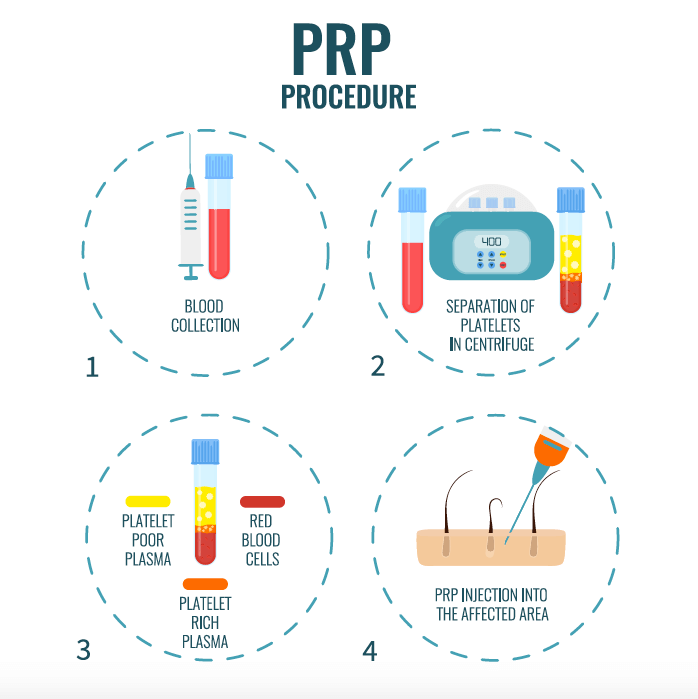Misconceptions And Facts About Acne: Debunking Common Misconceptions
Misconceptions And Facts About Acne: Debunking Common Misconceptions
Blog Article
Uploaded By-Upton Kjeldsen
You might assume that delighting in delicious chocolate or oily foods is the source of your acne, but that's just one of many myths swirling around this usual skin condition. As a matter of fact, acne mainly originates from clogged hair follicles, not your last dessert. Misconceptions like these can lead you to adopt inadequate skincare techniques that might also intensify your circumstance. As you browse the truths behind acne, you'll find understandings that might transform your method to skin care and aid you attain more clear skin. So, what truly exists under the surface area?
Common Myths Concerning Acne
When it involves acne, many people count on common misconceptions that can bring about complication and disappointment. One prevalent myth is that consuming delicious chocolate or greasy foods causes acne. While diet regimen can influence skin wellness, the straight link in between specific foods and acne isn't as clear-cut as numerous assume.
Another usual mistaken belief is that you ought to scrub your face intensely to improve outbreaks. In reality, aggressive scrubbing can irritate your skin and intensify acne.
You could additionally think that acne just affects young adults, yet grownups can experience it also, often because of hormonal modifications or stress. Some people think that sun tanning can clean up acne, yet sunlight exposure can really cause skin damages and aggravate breakouts over time.
Finally, numerous think that making use of extreme products will certainly get rid of acne rapidly. Nonetheless, these products can remove your skin of its all-natural oils, bring about increased irritability and even more outbreaks.
Scientific Information Behind Acne
Recognizing the scientific realities behind acne can empower you to tackle this common skin disease more effectively.
Acne happens when hair follicles become obstructed with oil, dead skin cells, and germs. This process usually begins with an overproduction of sebum, the oil your skin naturally creates. Hormone adjustments, especially throughout adolescence or menstrual cycle, can activate this excess oil.
Bacteria known as Propionibacterium acnes flourish in these clogged up pores, bring about inflammation. When your immune system reacts, it can trigger soreness and swelling, leading to those annoying acnes or cysts.
Genes likewise contribute; if your parents had acne, you could be more susceptible to it.
Diet and stress and anxiety degrees can affect acne as well, yet study is still progressing in these locations. While indulging in greasy foods won't directly create outbreaks, a balanced diet regimen can sustain your skin wellness.
Furthermore, managing anxiety can decrease hormonal changes that may aggravate acne.
Tips for Taking Care Of Acne
Taking care of acne efficiently calls for a mix of daily skincare habits and lifestyle adjustments. Begin by establishing Recommended Website . Clean your face two times a day with a mild, non-comedogenic cleanser to remove dust and excess oil. Stay clear of rubbing too hard, as this can irritate your skin and get worse acne.
Next off, integrate products including salicylic acid or benzoyl peroxide to assist protect against outbreaks. Constantly follow up with a light-weight, oil-free moisturizer to maintain your skin hydrated. Do not neglect sunscreen; opt for non-comedogenic alternatives to protect your skin from UV damage without clogging pores.
Past skin care, focus on your diet plan. https://www.bloomberg.com/news/articles/2021-05-05/cosmetic-surgery-2020-data-butt-implants-up-botox-and-hair-transplants-down and oily foods, and focus on fruits, vegetables, and entire grains. Remaining hydrated is critical, so beverage a lot of water throughout the day.
In addition, take care of anxiety with activities like yoga, reflection, or workout, as stress and anxiety can activate breakouts.
Lastly, avoid selecting or popping pimples. This can bring about scarring and further swelling. If your acne continues, seek advice from a dermatologist for individualized treatment options.
Conclusion
Finally, it's vital to different fact from fiction when it concerns acne. By unmasking typical misconceptions, you can better understand your skin and make notified selections for your skincare regimen. So, why remain to rely on out-of-date concepts when the fact can empower you? Embrace much healthier behaviors, concentrate on mild cleansing, and remember that taking care of acne is a trip. With the appropriate knowledge, you're one action better to clearer, much healthier skin.
